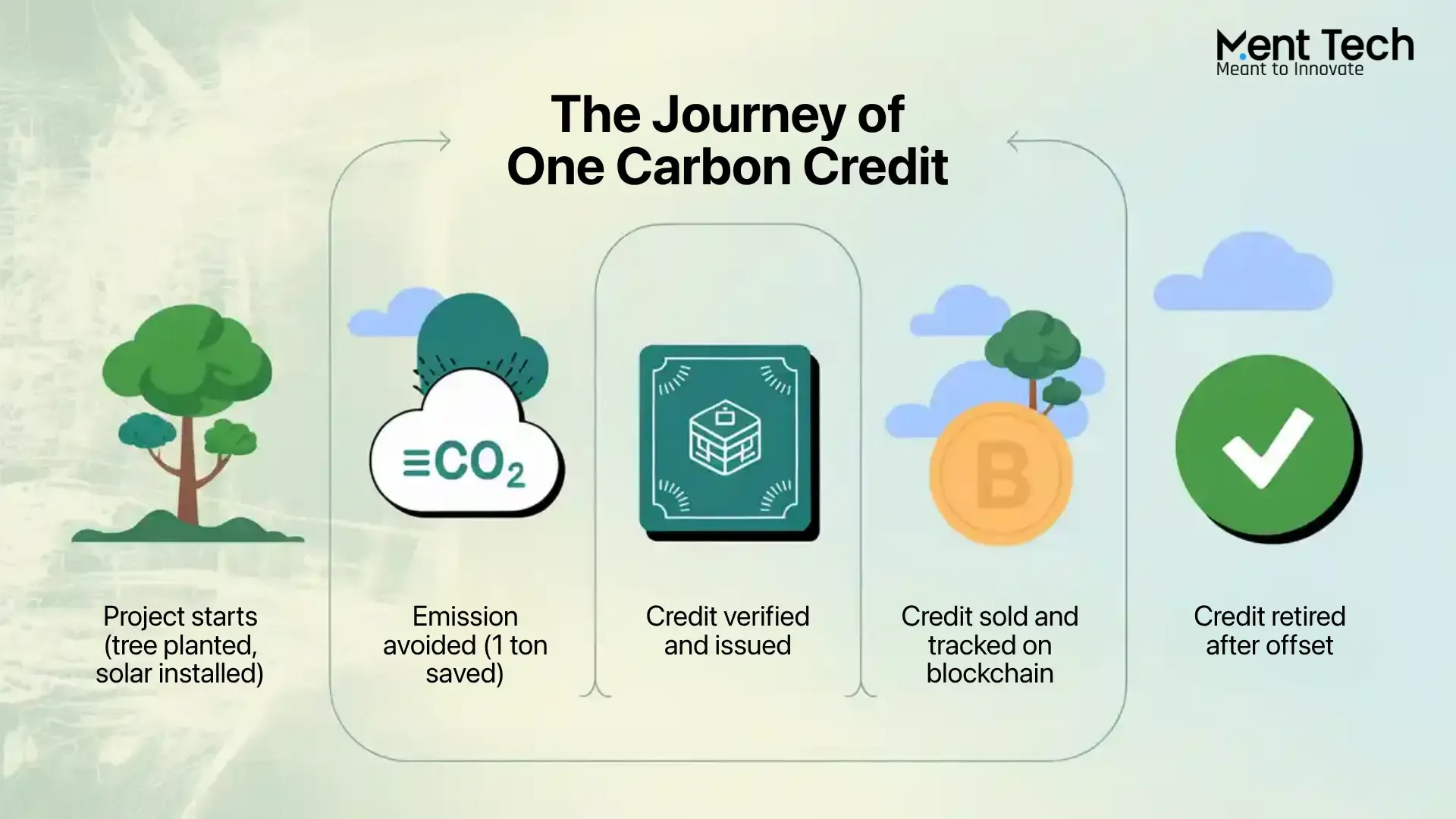Ford Explores Cardano Blockchain for Next-Gen Legal Data Storage Solutions

Strong 8k brings an ultra-HD IPTV experience to your living room and your pocket.
In an era of increasing digitization and data sensitivity, the challenge of securely storing, verifying, and accessing legal data has become a central concern for companies across industries. Ford Motor Company, a long-established automotive leader, has taken a decisive step forward by exploring the Cardano blockchain to modernize its legal data storage infrastructure. This move marks a significant shift in how traditional enterprises are embracing emerging technologies not just for product innovation but also for core operational transformation.
✍️ Understanding blockchain can feel overwhelming, but our resource on blockchain basics breaks it down clearly, explaining how decentralized ledgers work and why this innovation is revolutionizing both business and everyday life.
Why Legal Data Needs a New Storage Framework
Legal data is among the most critical forms of enterprise information. It includes contracts, intellectual property filings, compliance documents, and inter-agency communication records. The storage, retrieval, and verification of such data require a system that ensures integrity, availability, traceability, and confidentiality. For decades, these needs have been met with on-premise databases or centralized cloud systems, both of which are susceptible to tampering, data loss, or unauthorized access.
Ford's decision to test the waters with blockchain technology is not a spontaneous experiment—it reflects a growing realization that legacy storage methods are falling short of current security and efficiency demands. By examining Cardano, a third-generation blockchain known for its focus on scalability, sustainability, and peer-reviewed development, Ford aims to overcome key obstacles associated with legal data management.
Why Cardano?
Cardano is not the only blockchain available in the market, but it stands out for its methodical and research-driven approach to development. It uses the Ouroboros proof-of-stake consensus mechanism, which is not only energy-efficient but also provides secure and verifiable validation processes. This is crucial for legal data that often needs to be notarized, time-stamped, and verifiable by external auditors or legal authorities.
Moreover, Cardano supports smart contracts through its Plutus platform, enabling programmable logic to be embedded directly into the blockchain. This functionality can automate document workflows, trigger alerts based on compliance thresholds, and ensure real-time updates across multiple parties involved in legal processes. All these features create an infrastructure where legal records can be managed with significantly lower overhead and increased reliability.
Ford’s Strategy for Implementation
Ford is approaching this integration cautiously but deliberately. The early stages involve sandbox environments where Cardano’s blockchain is used to simulate real-world legal document handling. The objective is to identify use cases where blockchain outperforms existing systems in both security and usability. Initial applications include recording internal compliance checks, validating digital signatures, and tracking legal communications across departments.
The underlying strategy focuses on enhancing transparency without compromising on data privacy. Ford is working closely with experts in Blockchain Development Services to develop private instances of Cardano’s public infrastructure, ensuring sensitive legal data doesn’t end up on a public ledger. These hybrid deployments allow Ford to maintain control over access while still benefiting from the immutability and auditability of blockchain records.
The company is also examining how blockchain can serve as a bridge between its internal systems and external regulators or legal firms. Today, document verification between multiple parties is slow and error-prone. A decentralized approach where all parties access a unified, trusted ledger has the potential to cut down these inefficiencies drastically.
The Role of Blockchain Development Services
To navigate this complex landscape, Ford is not going it alone. The company is actively partnering with some of the Best Blockchain Development Company specialists who bring deep expertise in customizing blockchain protocols, smart contract development, and secure architecture design. These providers play a crucial role in translating business requirements into technically viable blockchain solutions.
Their responsibilities range from conducting feasibility analyses to developing and deploying proof-of-concept (PoC) platforms that replicate Ford’s legal data processes on the Cardano blockchain. These PoCs serve as testbeds to evaluate the system’s response under different legal scenarios, such as contract amendments, dispute resolutions, and multi-party audits.
The involvement of Blockchain Development Services also extends to compliance. Since Ford operates in a highly regulated environment, any new technology must adhere to strict legal and data protection standards. Blockchain developers ensure that the system aligns with internal IT governance policies and external regulatory frameworks, including access control, encryption, and data retention policies.
What This Means for the Automotive Industry
Ford’s exploration of Cardano blockchain could signal a broader trend in the automotive industry. Traditionally, blockchain discussions have revolved around supply chain traceability, mobility payments, or vehicle identity. But by venturing into legal operations, Ford is setting a precedent for using blockchain beyond its conventional applications.
This approach is likely to influence other automakers and large enterprises to consider blockchain for non-core functions that are equally critical. Legal data storage might seem mundane on the surface, but it forms the backbone of corporate accountability and risk management. A breach or loss of legal documents can lead to fines, lawsuits, or severe reputational damage. By investing in blockchain-based systems, companies can insulate themselves against these risks while improving process transparency.
It also represents a strategic shift where enterprises stop viewing blockchain as an external add-on and start integrating it into their internal digital ecosystems. This aligns with a broader trend in digital transformation where companies are looking for technologies that can add long-term value without creating massive operational disruption.
Overcoming the Challenges
However, this journey is not without its challenges. Integrating blockchain into legacy systems requires significant changes in infrastructure and mindset. The enterprise legal departments that manage data often lack technical knowledge about how blockchains work. This leads to hesitation, not because of the technology’s flaws but due to the organizational inertia around change.
Ford’s approach to tackling this involves upskilling and close collaboration between its legal, IT, and compliance teams. They are creating cross-functional task forces responsible for educating internal stakeholders and gradually shifting processes to blockchain-based models. This internal buy-in is essential to make any digital transition successful.
Another challenge is scalability. Legal departments generate vast volumes of documents, and while Cardano’s proof-of-stake model is more scalable than many earlier blockchain technologies, it still requires optimization to handle enterprise-scale workloads. To this end, Blockchain Development Services are building layered architectures where off-chain data is securely referenced by on-chain metadata. This hybrid model keeps the blockchain lean while ensuring the integrity and traceability of legal records.
Data Privacy and Regulatory Considerations
One of the most critical aspects of storing legal data is privacy. Ford’s implementation strategy takes into account the regional regulations that govern data residency, access control, and encryption. Because blockchain data is inherently immutable, care must be taken to ensure that private information is not directly stored on-chain unless it has been properly anonymized or encrypted.
To address this, Ford is relying on a mix of tokenization and zero-knowledge proof systems. These technologies allow sensitive legal data to be validated without revealing the actual content. For instance, a legal document’s authenticity can be verified by checking a cryptographic hash stored on the blockchain, without exposing the document itself. This setup not only complies with privacy laws but also adds a layer of operational security.
Blockchain systems designed by the Best Blockchain Development Company are also ensuring that access rights can be dynamically updated. This is particularly important in legal contexts where certain documents may need to be made available to legal counsel, auditors, or regulatory bodies temporarily. These dynamic permissions systems are being built on top of Cardano’s smart contract capabilities.
The Road Ahead
While the full-scale implementation is still a work in progress, Ford’s blockchain journey signals a pivotal shift in how legal data could be managed in the future. The ability to store, verify, and share sensitive legal information across departments and jurisdictions using decentralized systems has the potential to redefine enterprise compliance.
There is growing interest from other corporate functions such as finance and human resources, which deal with sensitive documents that require a high degree of integrity and traceability. If Ford’s initial use cases prove successful, Cardano-based blockchain systems could be extended to these departments, further consolidating its role in enterprise infrastructure.
Ford's involvement is also likely to spur innovation in Blockchain Development Services. More blockchain providers are now investing in enterprise-grade platforms tailored to legal, financial, and operational data. This is creating a healthy feedback loop where enterprise demands drive blockchain innovation, which in turn fuels wider adoption.
Final Thoughts
Ford’s exploration of the Cardano blockchain for legal data storage is more than a tech experiment—it’s a signal that decentralized systems are becoming a viable option for serious business applications. The project brings together critical elements such as security, transparency, and operational efficiency—three pillars essential for handling legal data in any enterprise.
As blockchain development matures, and as more companies work with the Best Blockchain Development Company to build robust and compliant systems, the days of relying solely on centralized databases may be numbered. Ford’s move could very well be the spark that inspires a wave of blockchain-driven innovation across industries that traditionally lag behind in digital transformation.
The next few years will reveal how deeply integrated blockchain can become in enterprise operations. For now, Ford’s forward-looking approach suggests a future where decentralized technologies are not just for fintech or crypto but form the very backbone of corporate record-keeping and compliance strategies.
Note: IndiBlogHub features both user-submitted and editorial content. We do not verify third-party contributions. Read our Disclaimer and Privacy Policyfor details.







